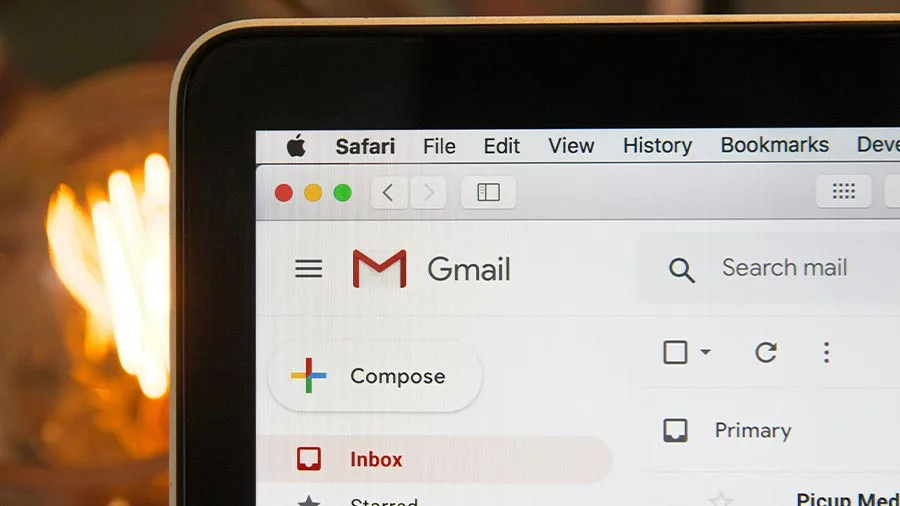In the fast-paced digital landscape, B2B email marketing has emerged as a vital tool for businesses aiming to strengthen their sales. Through targeted, personalized email campaigns, businesses can directly engage with customers and prospects, delivering value-driven content that builds trust and drives sales. This article delves into how email marketing can do more than just communicate—it can be a strategic lever to enhance engagement, optimize conversion rates, and ultimately support your sales goals. By mastering segmentation, automation, and compelling content, you can transform your email list into a revenue-generating asset that boosts your brand’s success.
What is Email Marketing?
B2B email marketing is a strategic approach where businesses send targeted email campaigns to contacts from other companies rather than individual consumers. This method focuses on engaging potential B2B customers, educating them on relevant products or services, to becoming marketing-qualified leads (MQLs) for sales teams to chase. The goal is to build brand awareness, establish credibility, and ultimately increase sales by reaching business decision-makers directly through their inbox. Email marketing remains one of the most powerful tools for driving business success. When executed correctly, this marketing strategy can help businesses engage with their audience, nurture relationships, and boost conversions. A strong email strategy incorporates various types of email marketing, such as newsletters, promotional emails, and automated drip campaigns. To achieve effective email marketing, it’s crucial to follow email marketing best practices, including personalization, compelling subject lines, and clear calls to action.
Benefits of Email Marketing
B2B Email marketing remains one of the most cost-effective channels, with an impressive return on investment (ROI). It enables companies to communicate directly with prospects, fostering trust, driving demand generation, and establishing strong relationships without the high costs often associated with other marketing channels. Through segmentation and personalization, businesses can address the specific needs of each company, increasing the likelihood of conversion.
Implementing tailored B2B email campaigns is key to reaching decision-makers. By segmenting your email list and utilizing B2B email marketing examples, such as crafting value-driven content and using automation, you can generate high-quality email marketing leads. A well-structured B2B email marketing strategy ensures that your campaigns resonate with your audience, build trust, and ultimately drive sales. Consistently applying these techniques will elevate your email marketing efforts and deliver measurable results.
The Role of Email Marketing in Sales
B2B Email marketing plays an essential role in boosting sales, serving as a powerful tool that directly influences customer engagement and revenue generation. By building personalized customer relationships, email marketing allows businesses to target audiences with tailored messages based on customer preferences, behaviors, and past purchases. This targeted approach leads to higher open and click-through rates, translating into more conversions and a measurable impact on sales. Its cost-effectiveness and high return on investment make email marketing an attractive option for businesses.
Marketers can further maximize returns by leveraging automation, sales enablement tools, and data analytics to optimize campaign management, segmentation, and personalization. Additionally, B2B email marketing enhances customer loyalty and retention by consistently delivering relevant, engaging content. Through regular interactions, brands can maintain visibility, encourage repeat purchases, and build long-term customer relationships, increasing customer lifetime value. The ability to measure performance—tracking conversion rates, ROI, revenue per email, and other critical metrics—ensures that each B2B email marketing campaign can be refined to improve effectiveness.
Automation through triggered emails and A/B testing also allows marketers to send timely, high-impact messages that address customers’ needs, leading to higher lead conversion rates. This integration of email marketing within broader marketing strategies makes it an invaluable asset in any sales strategy, turning email marketing campaigns into key drivers of sustained growth and profitability. By incorporating email marketing into your overall sales strategy, you create a seamless approach that aligns marketing efforts with sales objectives, ensuring consistent messaging and efficient lead nurturing throughout the sales funnel.
Creating B2B Email Marketing for Boosting Sales
Here are the major steps for creating an email marketing strategy to boost sales:
Personalized and targeted B2B email marketing campaigns: Segment your email list based on buyer personas, behaviors, and preferences. By tailoring content to different segments, you ensure that prospects receive emails that address their specific pain points, leading to higher engagement and better opportunities for your sales team.
Automated nurture sequences: Implement automated email nurture sequences that keep leads engaged throughout the buyer journey. These sequences can guide prospects with educational content, product demonstrations, case studies, and more, building trust and positioning your sales team to step in at the right time to close deals. Leveraging sales enablement tools during this process ensures that your sales reps have the necessary insights and content to move leads forward in the pipeline.
Sales team enablement with resources: Use email to deliver valuable sales resources, such as product sheets, case studies, and white papers, directly to sales teams. These assets help salespeople engage prospects with the right information at the right time, making their outreach more effective and informed.
Create quality, actionable content: Focus on creating high-quality, relevant content that adds value to your audience. Whether it’s product updates, educational resources, or promotional offers, ensure that each email delivers something meaningful. Always include a clear and compelling CTA that drives the recipient to take the next step.
B2B Email Marketing Best Practices
Here are five best email marketing practices to supercharge your B2B email marketing campaigns:
Compelling Subject Lines
Your subject line is your first impression—make it count. Keep it short, engaging, and relevant. Highlight a common pain point and tease a solution to spark curiosity. This is your opportunity to stand out in a crowded inbox. One of the B2B email marketing tips is to craft subject lines that are personalized and speak directly to your audience’s needs.
Clear Call to Action (CTA)
Don’t leave your readers wondering what to do next. A well-placed CTA, such as “Request a demo” or “Get a quote,” should be clear and easy to follow. Make sure your CTA stands out, and avoid cluttering your email with too many links or images.
Professional Design
A clean, visually appealing design is key to keeping your audience engaged. Ensure your emails are mobile-responsive, as many professionals check emails on their phones. Incorporate brand elements and high-quality images, but avoid overwhelming the reader, further nurturing potential email marketing leads.
A/B Testing
Experiment with different subject lines, CTAs, and content formats. A/B testing allows you to learn what resonates best with your audience, improving future B2B email campaigns. By testing, you can optimize your emails to maximize engagement and conversions, ensuring better results for future B2B email campaigns.
Conclusion
In conclusion, B2B email marketing is a powerful tool for driving B2B sales by directly engaging with potential customers and nurturing relationships. Through targeted campaigns, personalization, and automation, businesses can enhance customer engagement, boost conversion rates, and maximize ROI. By leveraging the right email marketing strategies—such as segmenting email lists, delivering relevant content, and utilizing A/B testing—companies can effectively guide prospects through the buyer’s journey. B2B Email marketing not only supports sales enablement but also fosters long-term customer loyalty and retention, ensuring sustainable growth. With its cost-effectiveness and measurable impact, email marketing remains a key driver of success for B2B sales.




